The Top 5 Foods Every Healthy Diet Needs
Embarking on a wellness journey is a transformative experience that encompasses physical, mental, and emotional health. Central to this journey is the role of nutrition, as the foods we consume are foundational to our overall well-being. In a world brimming with dietary trends and health advice, it can be daunting to discern which foods genuinely contribute to a balanced and healthy lifestyle. This article aims to demystify this process by highlighting five must-have healthy foods that are essential for every diet. These foods are not only nutrient-dense but also versatile, making them perfect allies in elevating your wellness journey. By integrating these foods into your daily regimen, you can nurture your body, enhance your vitality, and foster long-term health.
The Power of Leafy Greens
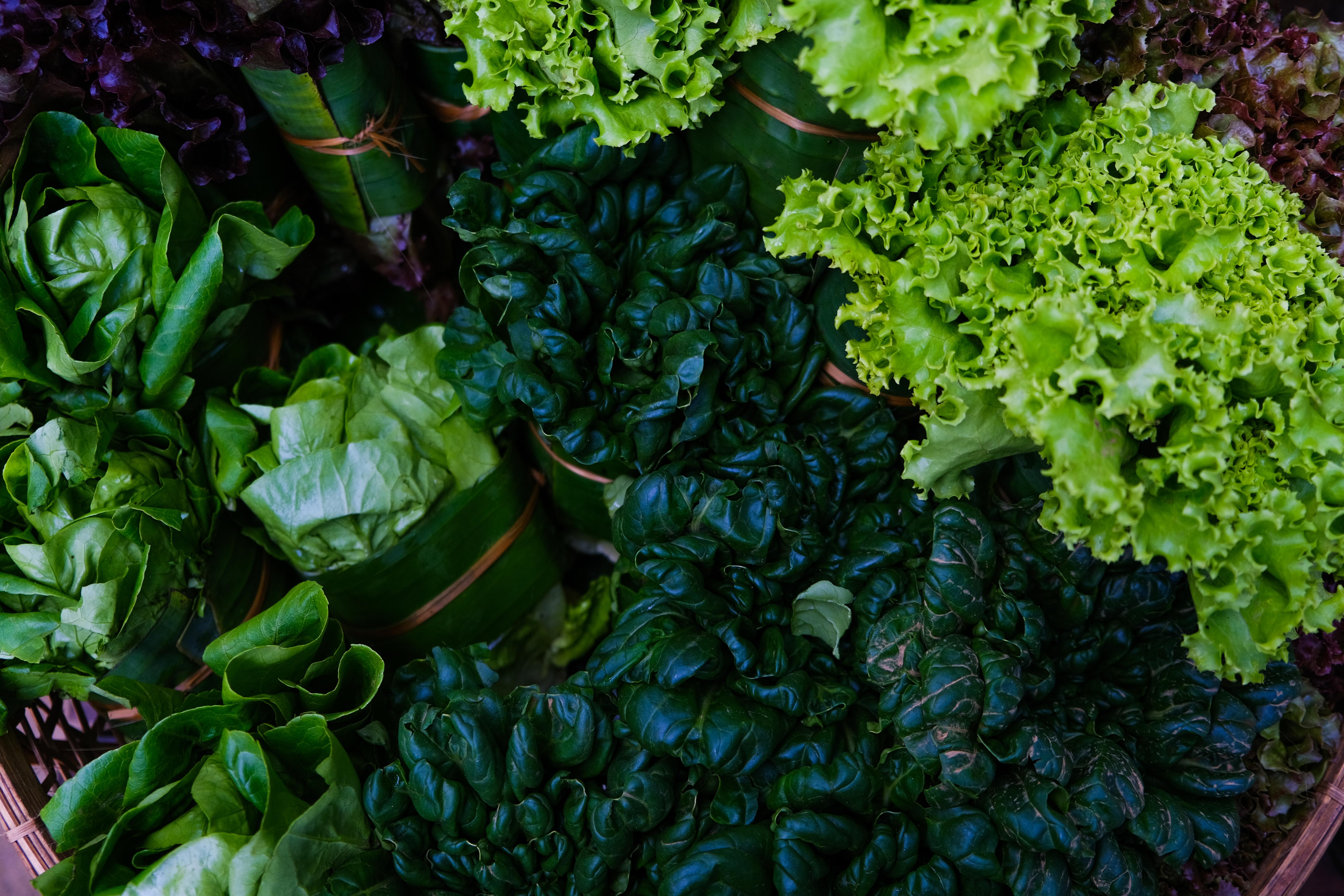
Leafy greens such as spinach, kale, and Swiss chard are nutritional powerhouses that deserve a permanent place in your diet. Rich in vitamins A, C, K, and folate, these greens are crucial for maintaining healthy vision, boosting immunity, and promoting bone health. Furthermore, they are abundant in antioxidants that combat oxidative stress and reduce inflammation, which are key factors in preventing chronic diseases. The versatility of leafy greens allows them to be easily incorporated into various meals, from smoothies and salads to soups and stir-fries. By making leafy greens a staple in your diet, you can significantly enhance your nutrient intake and support your overall wellness.
The Versatility of Quinoa
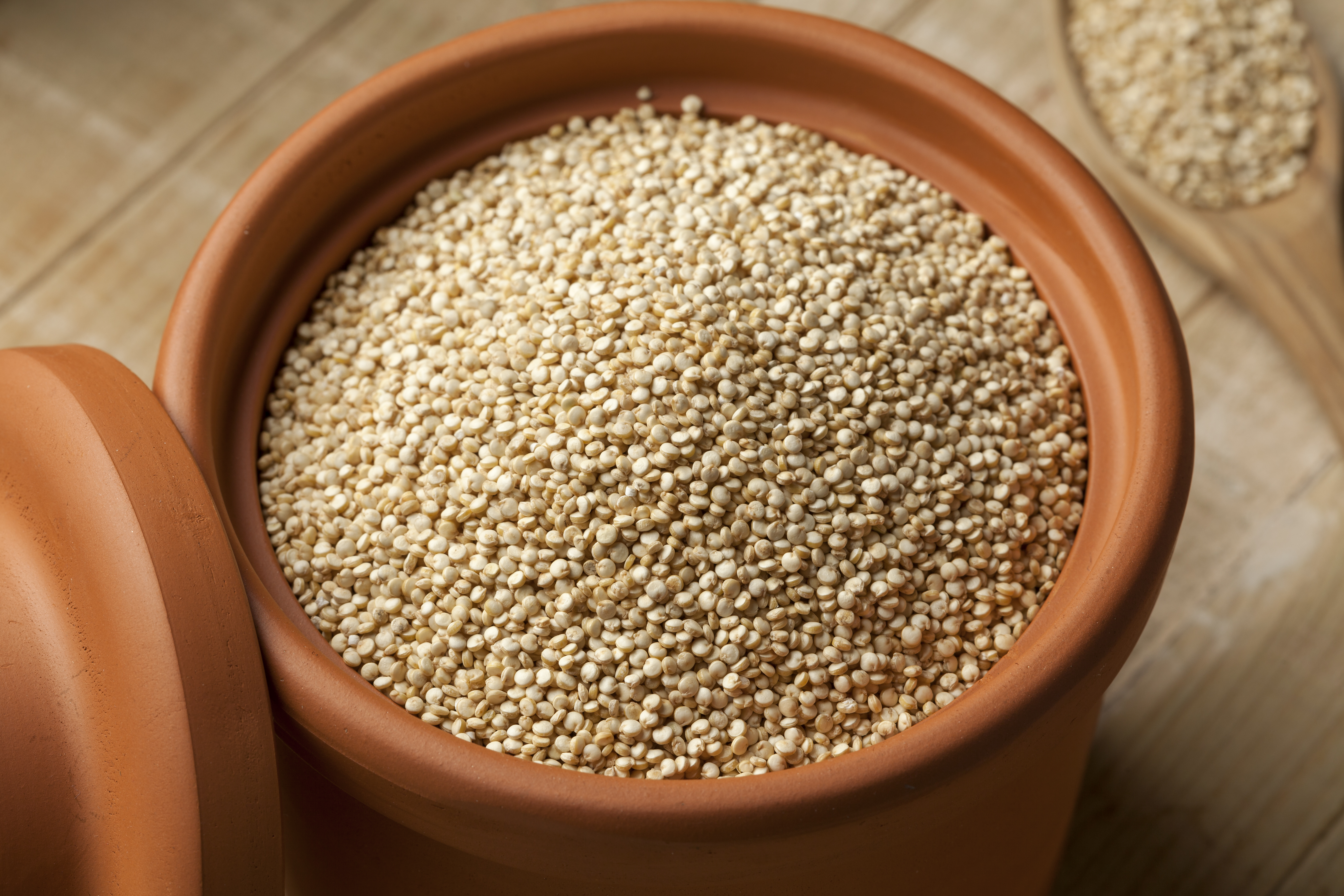
Quinoa, often hailed as a superfood, is a gluten-free grain that offers a complete protein profile, making it an excellent choice for vegetarians and vegans. It contains all nine essential amino acids that the body cannot produce on its own. Additionally, quinoa is rich in fiber, magnesium, and iron, which are vital for digestive health, muscle function, and oxygen transport, respectively. Its nutty flavor and fluffy texture make it a versatile ingredient that can be used in a wide range of dishes, from breakfast bowls to savory salads and hearty stews. Incorporating quinoa into your diet not only diversifies your meals but also ensures a balanced intake of essential nutrients.
The Benefits of Berries
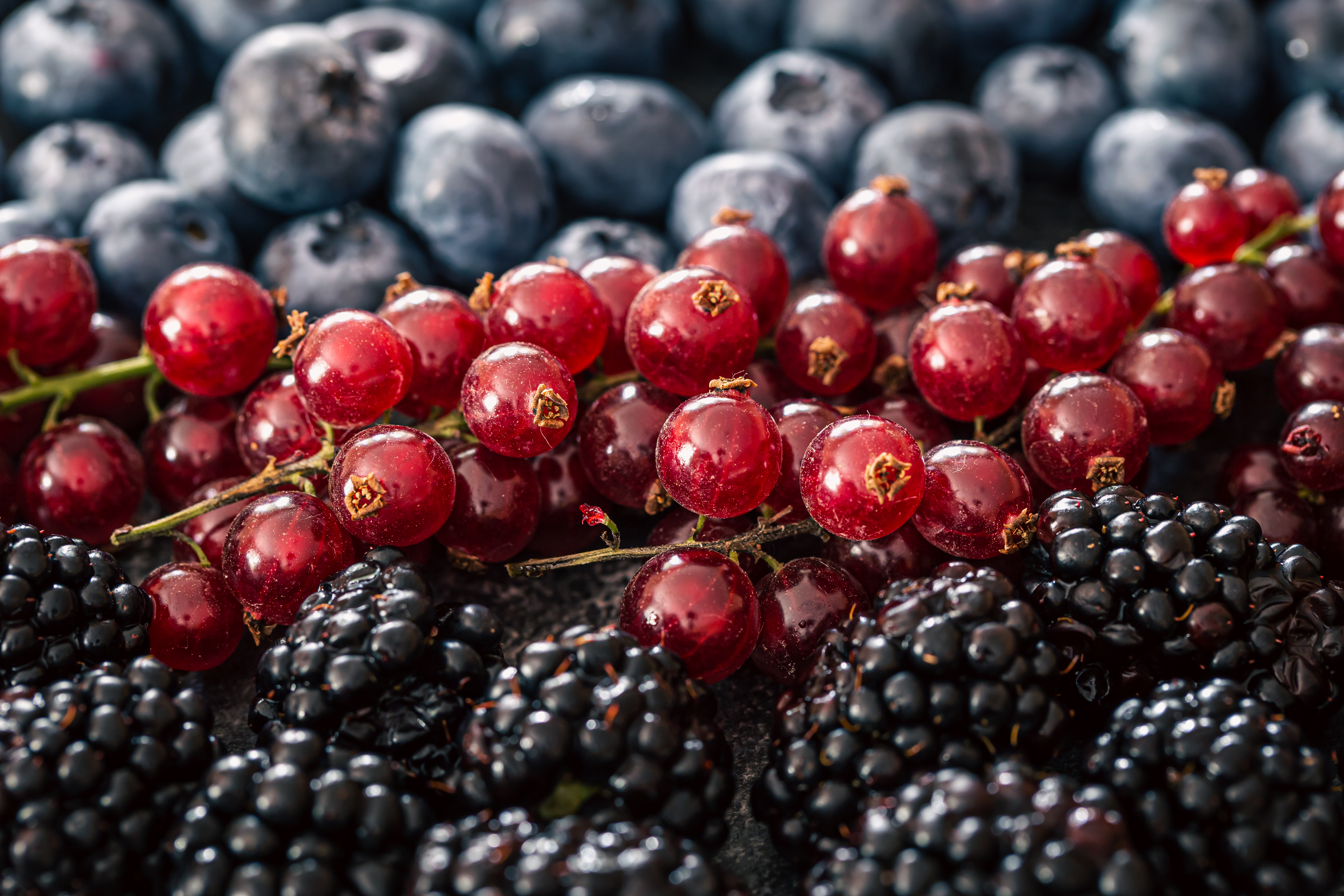
Berries, including blueberries, strawberries, and raspberries, are small but mighty fruits packed with vitamins, minerals, and antioxidants. They are particularly high in vitamin C and fiber, which are important for maintaining a healthy immune system and digestive tract. The antioxidants in berries, such as anthocyanins and flavonoids, have been shown to improve brain function, reduce inflammation, and lower the risk of heart disease. Their natural sweetness and vibrant colors make them a delightful addition to any meal or snack. Whether enjoyed fresh, frozen, or dried, berries provide a burst of flavor and nutrition that can elevate your wellness journey.
The Essential Role of Nuts and Seeds
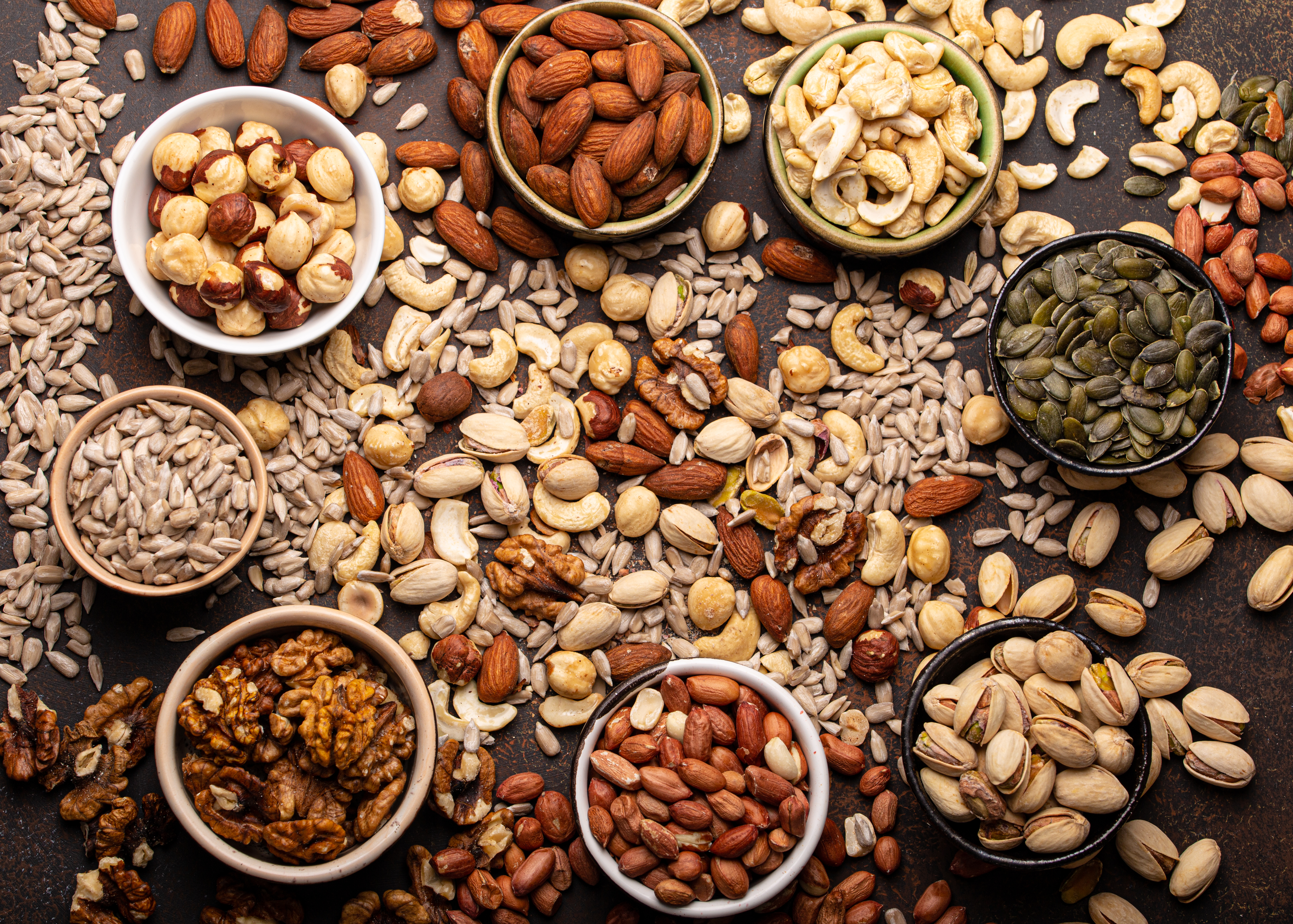
Nuts and seeds, such as almonds, walnuts, chia seeds, and flaxseeds, are compact sources of healthy fats, protein, and fiber. They are rich in omega-3 fatty acids, which are crucial for heart health and cognitive function. Additionally, nuts and seeds provide essential minerals like magnesium, zinc, and selenium, which support various bodily functions, including metabolism and immune response. These nutrient-dense foods can be easily added to your diet as snacks, toppings, or ingredients in baking and cooking. By incorporating a variety of nuts and seeds into your meals, you can improve your nutrient intake and promote overall health.
The Gut-Healing Properties of Fermented Foods
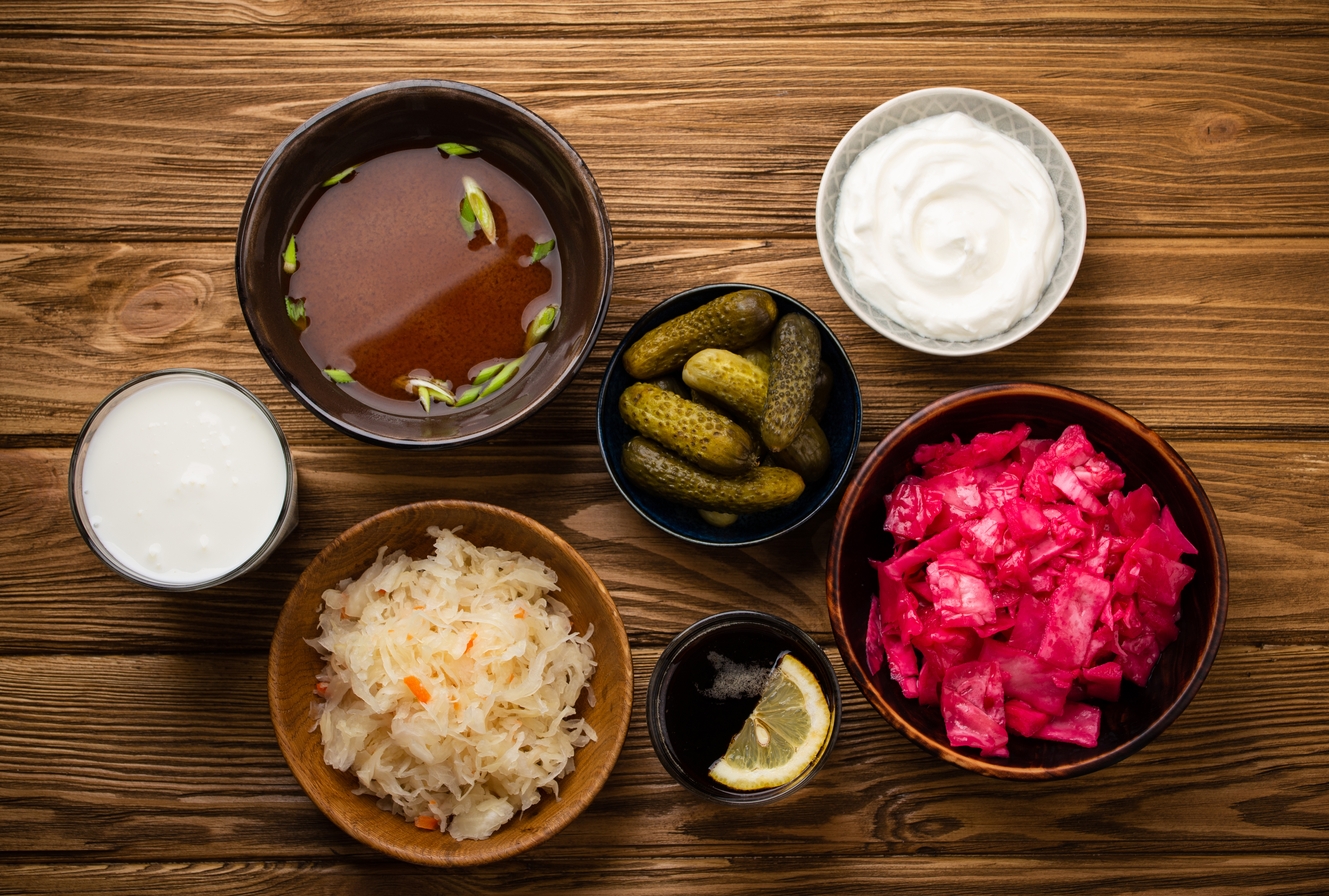
Fermented foods like yogurt, kefir, sauerkraut, and kimchi are rich in probiotics, which are beneficial bacteria that support gut health. A healthy gut microbiome is essential for proper digestion, nutrient absorption, and immune function. The fermentation process enhances the bioavailability of nutrients and produces compounds that have anti-inflammatory and immune-boosting properties. Regular consumption of fermented foods can help balance the gut flora, reduce digestive issues, and improve mental health by influencing the gut-brain axis. By including fermented foods in your diet, you can nurture your gut health and, in turn, elevate your overall wellness journey.